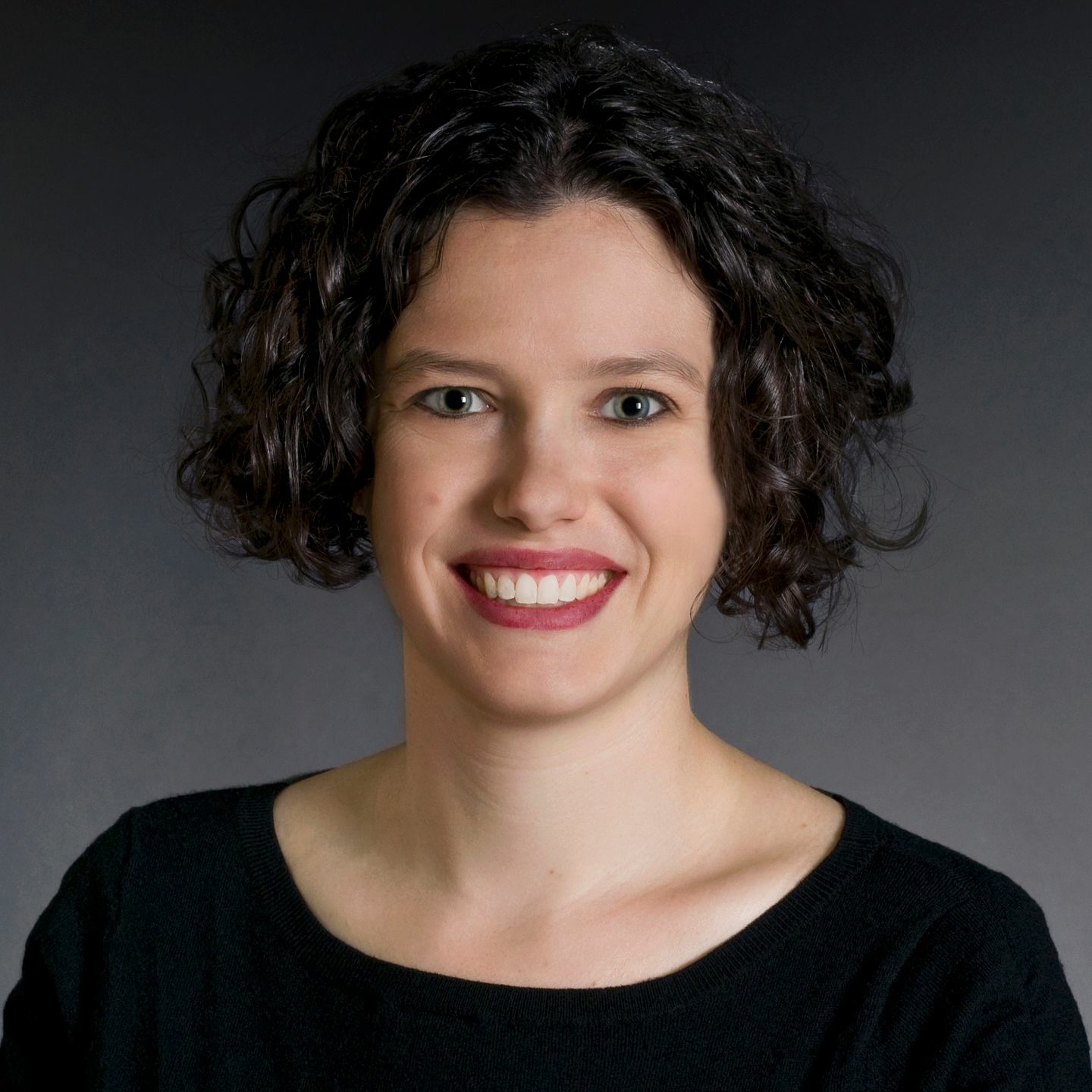Detecting pancreatic cancer earlier

Pancreatic cancer is a terrible disease. \n\n \u201cThe 5-year relative survival rate for all stages combined is 10%,\u201d according to Cancer Facts & Figures 2021. \u201cEven for the small percentage (11%) of people diagnosed with local disease, the 5-year survival rate is only 39%.*\u201d\n\nBut cancer researchers are learning more every day about how to find pancreatic cancer early and develop targeted therapies.\n\nLaura D. Wood, MD, PhD, a clinician scientist at Johns Hopkins University School of Medicine, joined the podcast to explain why pancreatic cancer is difficult to detect early and how her team is approaching the problem.\n\n2:34 \u2013 Laura D. Wood, MD, PhD is an Associate Professor in the Department of Pathology and Director of GI Pathology in the Division of Gastrointestinal and Liver Pathology at the Johns Hopkins University School of Medicine. And she\u2019s an American Cancer Society Research Scholar.\n\n3:32 \u2013 As a graduate student she was among the first in the world to sequence the whole exomes of human tumors. What are whole exomes? \n\n5:38 \u2013 Why this accomplishment was important and how much technology has advanced since then\n\n9:03 \u2013 How a more complete picture of the cancer genome changes our understanding of that cancer\n\n13:37 \u2013 Why early detection of pancreatic cancer is such a clinical challenge\n\n17:13 \u2013 \u201cIt\u2019s actually on course to be the 2nd-leadest cause of cancer death within a few years\u201d\n\n21:15 \u2013 What she\u2019s learned from genetics about the development of precancerous lesions in the pancreas\n\n24:56 \u2013 How it\u2019s different from colorectal cancer screening\n\n26:37 \u2013 How can we tell which lesions are going to turn into cancer?\n\n29:36 \u2013 On growing mini-tumors in fancy science jello to understand cancer cell invasion\n\n31:37 \u2013 How she is studying pancreatic cancer from both ends of the spectrum\n\n33:01 \u2013 How her clinical training and knowledge of genetics and morphology helps her think about what research questions matter to cancer patients \n\n34:56 \u2013 Progress she hopes to see in the pancreatic cancer research field in the next 5 years\n\n36:54 \u2013 A message she\u2019d like to share with cancer patients, survivors, and caregivers\n\n*Source: https://www.cancer.org/content/dam/cancer-org/research/cancer-facts-and-statistics/annual-cancer-facts-and-figures/2021/cancer-facts-and-figures-2021.pdf